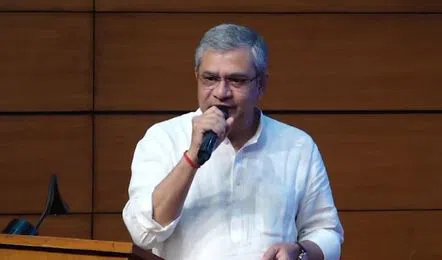The Union Cabinet, chaired by Prime Minister Narendra Modi, on Tuesday approved the Terms of Reference (ToR) for the 8th Central Pay Commission, paving the way for a comprehensive review of pay, allowances, and pension structures for nearly one crore Central government employees and pensioners.
The move marks a significant step toward revising salaries and benefits, with the new pay scales expected to come into effect from January 1, 2026, following the usual 10-year cycle. The 7th Pay Commission had last implemented revisions in 2016.
According to official sources, the 8th Pay Commission will assess various aspects including cost of living, inflation trends, government finances, and parity between public and private sector compensation. The Commission will also review pension reforms, Dearness Allowance (DA) mechanisms, and rationalization of pay matrices for different employee categories.
The Department of Expenditure (Finance Ministry) will soon issue a notification constituting the Commission and appointing its Chairperson and Members. The panel is expected to submit its recommendations within 12 to 18 months of formation.
Employee unions have welcomed the decision, terming it a long-awaited move that acknowledges rising living costs. “The 8th Pay Commission is essential to maintain the dignity of government employees and align salaries with current economic realities,” said Shiv Gopal Mishra, Convenor of the National Joint Council of Action (NJCA).
Once implemented, the revision is expected to benefit over 47 lakh central government employees and 68 lakh pensioners, boosting consumer spending and potentially stimulating the economy.
Analysts suggest that the fiscal impact of the new pay revision could be substantial, but manageable, given India’s improving revenue performance and economic growth trajectory.



